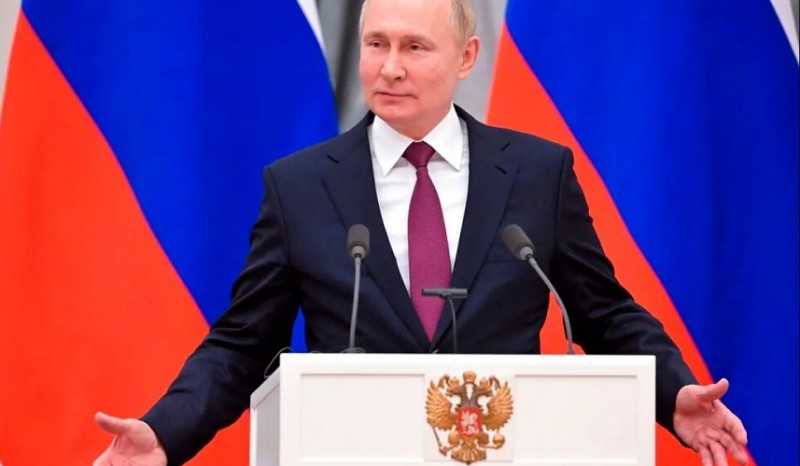
Russian President Vladimir Putin is stronger now than at any time since Russia invaded Ukraine in 2022. Russian troops are advancing into Ukrainian territory, capturing several villages in recent weeks. Putin has solidified power at home, quelling dissent and neutralizing opposition. He has also strengthened alliances with Iran and North Korea, bolstering Russia's military capabilities.
China's President Xi Jinping reaffirmed support for Putin during a recent visit, highlighting a robust Moscow-Beijing alliance. Meanwhile, some EU countries oppose continued Western aid to Ukraine, complicating Kyiv's efforts.
In eastern Ukraine, Russian forces have made significant gains, displacing over 10,000 people and straining humanitarian efforts. Russian advances near Kharkiv follow months of territorial gains along the frontline.
Despite Western support, Ukraine faces shortages of weapons and ammunition. The future of Western aid is uncertain, especially amid shifting political dynamics in the US.
The EU has agreed to use profits from frozen Russian assets to support Ukraine, but the G7 struggles to finance ongoing aid.
While Russia's strength is partly due to weaknesses in Ukraine and the West, Kyiv is receiving more arms with fewer restrictions on their use. Ukraine has updated its mobilization laws, but fresh, well-trained troops have yet to yield battlefield gains.
Putin's decisions are largely unconstrained, contrasting with Western consensus-building. This approach has prevented Ukraine's defeat but not secured a path to victory.
Putin's strength is not absolute, posing both risks and opportunities for Ukraine and the West. Further indecision by the West could strengthen Putin's image, but increased support could shift the balance in Ukraine's favor.
As Western nations debate their support for Ukraine, Russia's military campaign continues to escalate. The Kremlin's strategy, bolstered by alliances and internal stability, contrasts with the West's fragmented approach. While Ukraine struggles with ongoing attacks and logistical challenges, there's a growing recognition that decisive action by its allies could shift the dynamics of the conflict. The upcoming elections in the United States add another layer of uncertainty to Western policy, underscoring the urgency for Kyiv's allies to coordinate a robust response.
Putin's Visit to Xi Jinping Amid US-China Trade Tensions: Biden's Tariffs and Political Backlash
Russia celebrated Victory Day Amid shadows of terror and conflict
Putin Nominates Mishustin for Prime Minister Again: What This Means for Russia